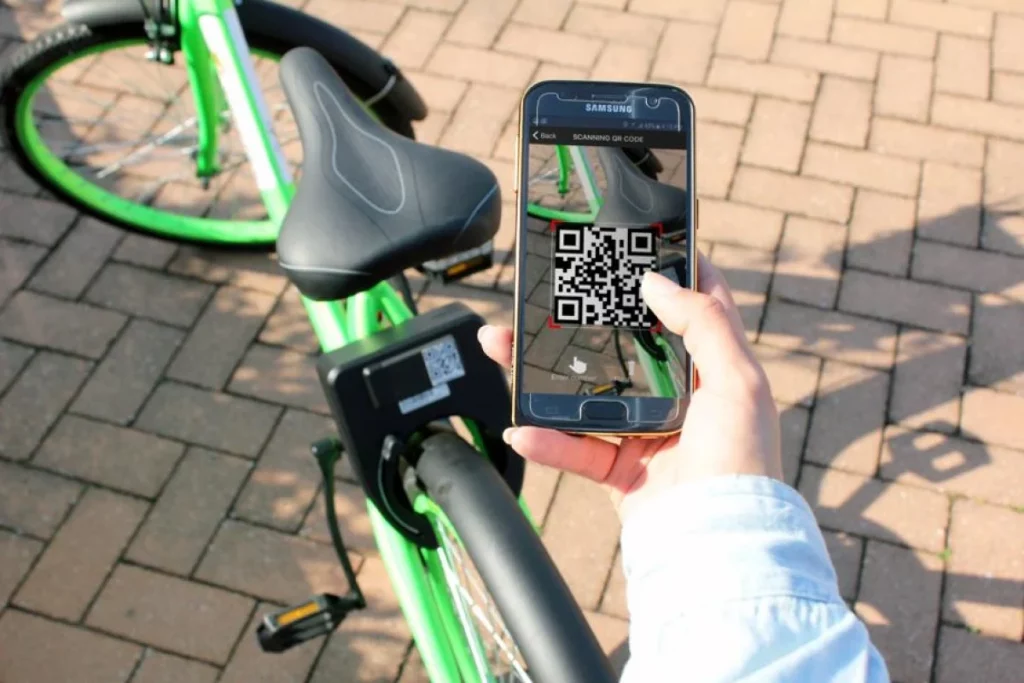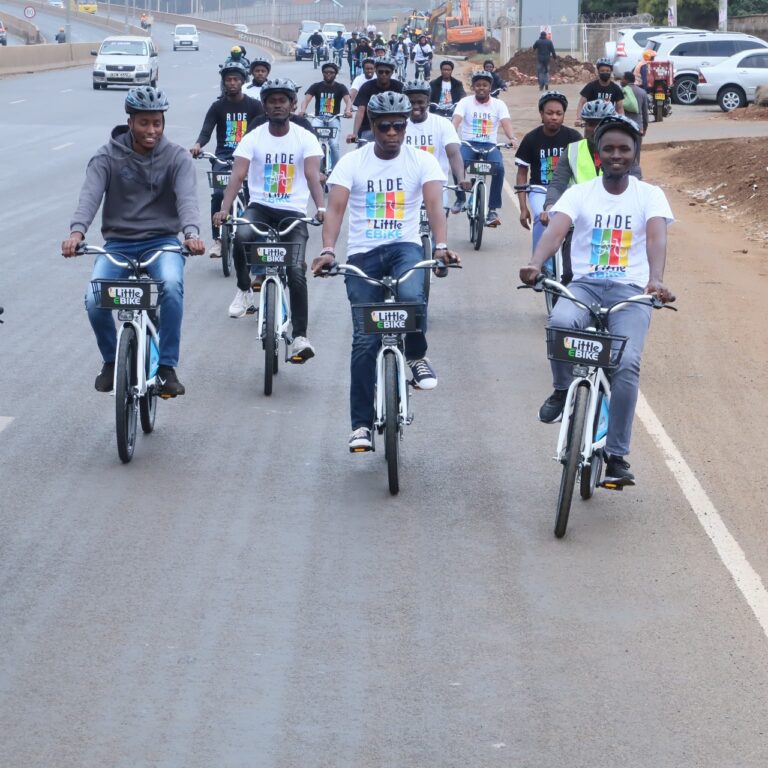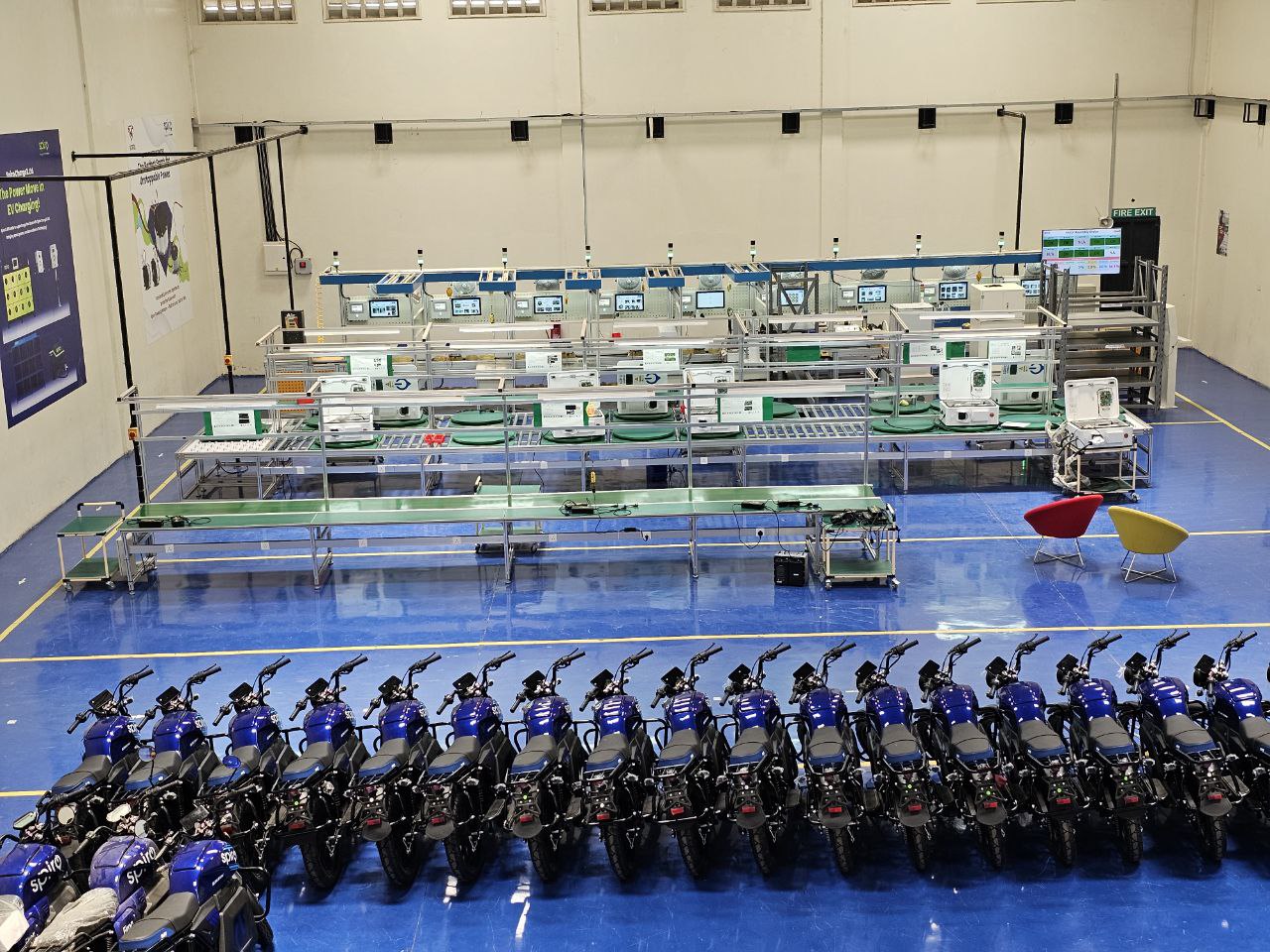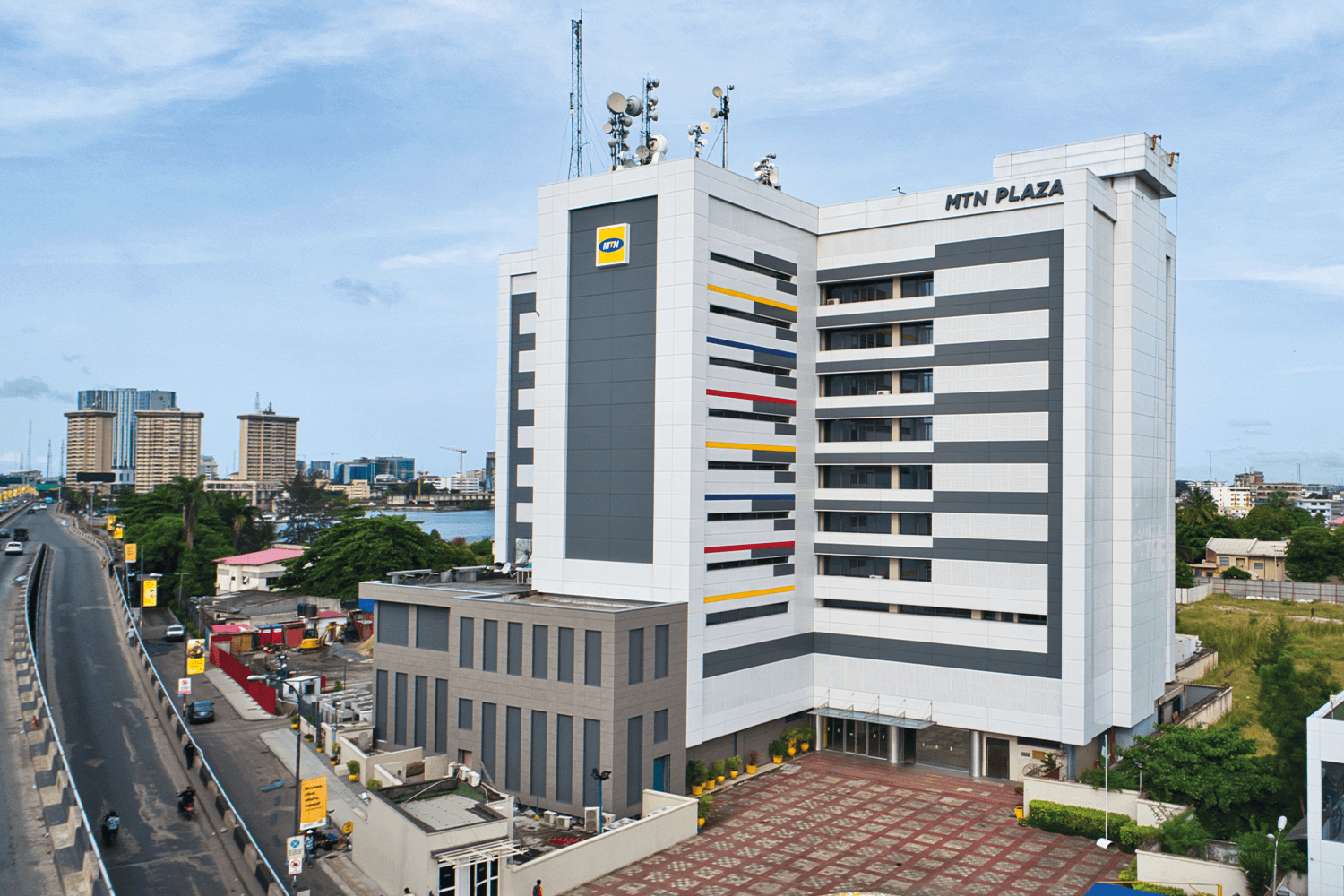Little, a super app in Kenya, has announced the launch of its electric mobility products: electric bikes and scooters. The company announced its release plans earlier in March 2022 after spending years working on the design and efficiency of the bikes. This year, Kenya has witnessed an increase in the adoption of electric vehicles for public transport. With moves like Little’s launch becoming more frequent, Kenya is on the path to becoming Africa’s electric mobility capital.
This development is coming at a time when Kenya has been grappling with a severe fuel shortage that is causing a surge in fuel prices and negatively affecting the living standards of most Kenyans. Added to this is the air pollution crisis in the region that is claiming lives and adversely affecting health. In 2019, over 5000 premature deaths were linked to air pollution in the country.
These harsh conditions arising from the hike in fuel prices have somehow created an enabling environment for electric mobility options to flourish in the east-African country. Little, a long-standing mobility player in the region, is now tapping into the nascent electric mobility market.
Little’s bikes are built mostly from easily recyclable materials like steel and aluminium, and according to the CEO, the bikes can work for as long as 24 hours after a 4-hour charge. Little says it will distribute 200 electric bikes across numerous designation spots in Nairobi, the country’s capital.
Users can activate the bikes by downloading the app and scanning the code on each bike. Also, activating the bikes will be done in conjunction with a mobile wallet on the app, where a deduction of 60 KES (50 cents) will be made to remotely unlock the bike for an hour.

Little’s CEO, Mr. Kamal Budhabhatti, described the move as part of the company’s commitment to ensuring the adoption of electric mobility in Kenya.
“While Electric Vehicles (EV) are relatively nascent in Kenya, Little plans to play a vital role in working with consumers, partners, and governments to accelerate their adoption.”
“As government EV policies and incentives are implemented and essential infrastructure like charging stations are to be built, this launch will provide insights and best practices on the usage of EVs as part of the day-to-day usage of the customers,” he added.
Last year, Kenya made news as the first and only African country where Bolt launched commercial electric bikes. Since then, Kenya has been racing toward electric mobility, with this news being the latest in the streak. However, whether the rails are in line for widespread electric mobility adoption is still questionable. For example, most roads in Kenya are not optimised for bikes like Little’s, and there are hardly any government policies geared towards that.
Speaking to this, Kalua Green, the founder of Green Africa Foundation, an organisation that encourages sustainable communities, said: ”The challenges facing this range from policy and infrastructure to the other requirements that the government has not done. The infrastructure [is important] because our roads do not currently encourage cyclists.”




















